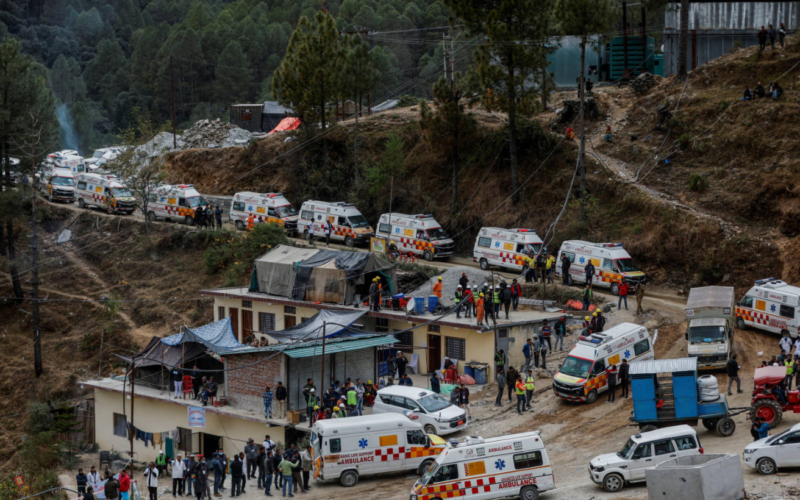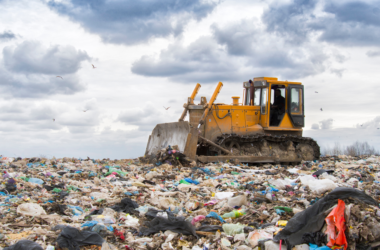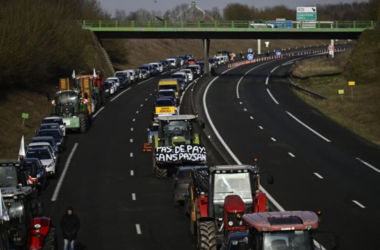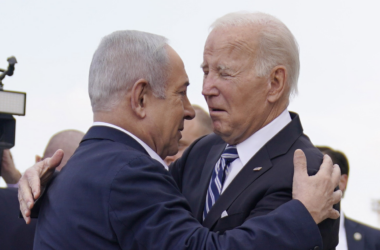In a tale of resilience and camaraderie, the 41 low-wage workers who were trapped for 17 days in a collapsed tunnel in India emerged from their ordeal with hope and gratitude. The men, hailing from some of India’s poorest states, expressed their unwavering strength, buoyed by the hope of an imminent rescue.
The workers, now on their way to a specialized hospital in Rishikesh city after spending a night at a makeshift medical facility, spoke of the challenging circumstances they faced and the lifeline of hope that sustained them during their confinement.
Doctors attending to the rescued men reported that they were in good condition but emphasized the need for long-term support, including monitoring for post-traumatic stress. The workers, who engaged in daily walks and yoga within the 2-km stretch of the highway tunnel, credited their survival to lights, service pipes delivering essential supplies, and the assurance that they had not been forgotten.
Initially overwhelmed with hopelessness and sadness, the workers found strength when they realized that efforts were underway to rescue them. Birendra Kishku, one of the rescued workers, shared, “For the first day or so, everyone inside was very hopeless and sad. We didn’t know if anyone outside knew we were trapped. But when they reached us through the pipe, we got to know what the government was doing to bring us out. Me, my family, and our entire village are very happy now.”
The workers expressed deep gratitude for the reassurance provided by Prime Minister Narendra Modi, who spoke to them by phone late on Tuesday. A video clip of the conversation captured the workers sharing their experiences with Modi, highlighting the sense of brotherhood and mutual support that developed among them during their confinement.
Saba Ahmed, a worker employed by the private firm contracted to build the tunnel, told Modi, “We lived like brothers. I would tell the workers that we are eating, drinking, but have no work, so let us do some yoga, go for morning walks to stay fit.”
The collapsed tunnel is part of the ambitious $1.5 billion Char Dham highway project, one of Modi’s initiatives aimed at connecting four Hindu pilgrimage sites through an 890-km network of roads. While authorities have not yet determined the cause of the cave-in, the region is susceptible to landslides, earthquakes, and floods.
Family members of the rescued workers, who endured anxious days awaiting their return, shared their emotional relief. Sukanti Nayak, the mother of worker Raju, recounted her son’s comforting words during their communication while he was inside the tunnel. “My son was consoling me, telling me not to worry and assuring me that they would soon come out. We are eagerly waiting for him to return home.”
The successful rescue of these workers not only highlights the challenges of infrastructure projects in geologically sensitive regions but also underscores the resilience and spirit of solidarity that can emerge in the face of adversity. The workers’ ordeal, characterized by hope, mutual support, and eventual triumph, stands as a testament to the human spirit’s ability to endure and overcome even the most daunting challenges.








